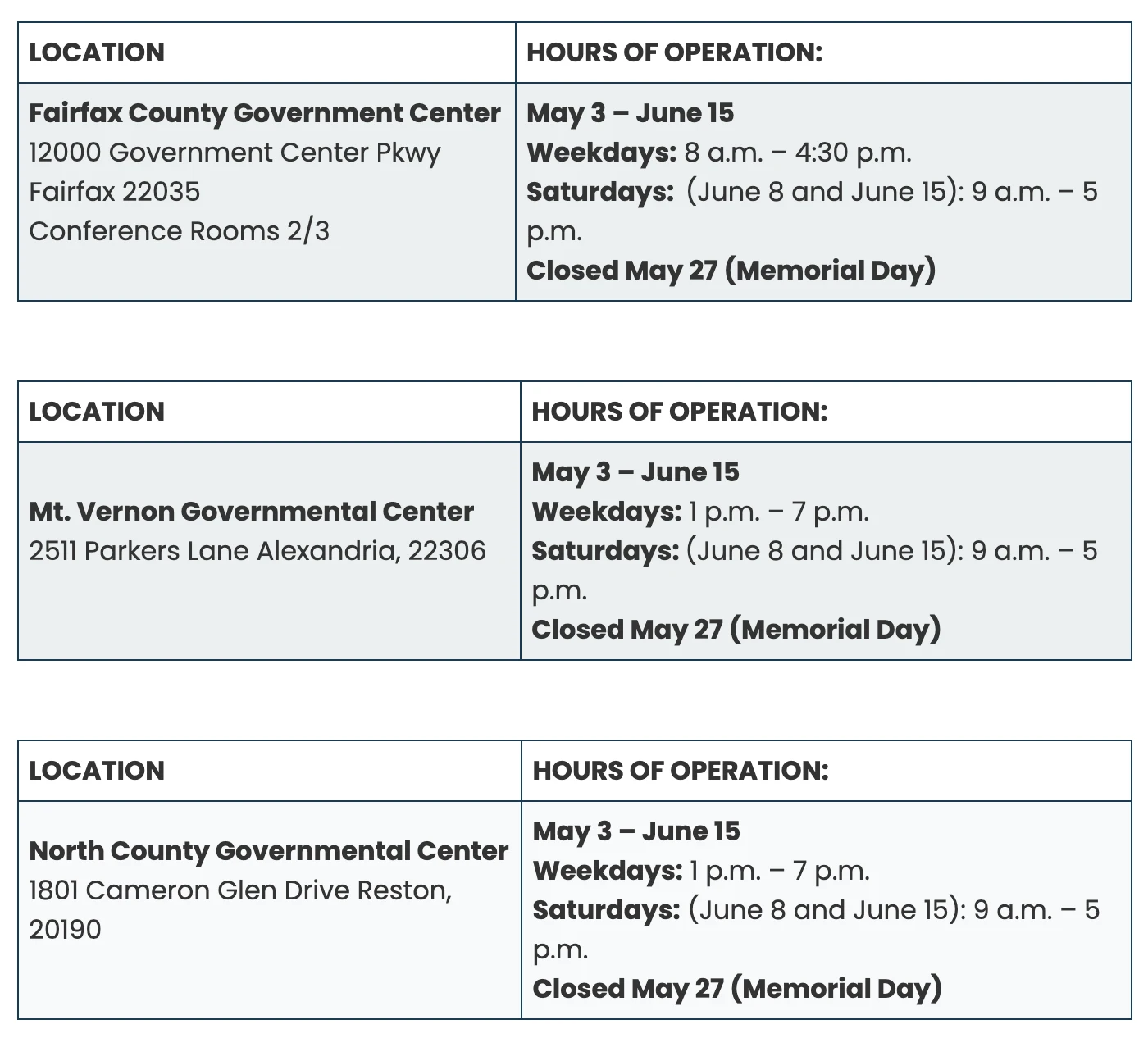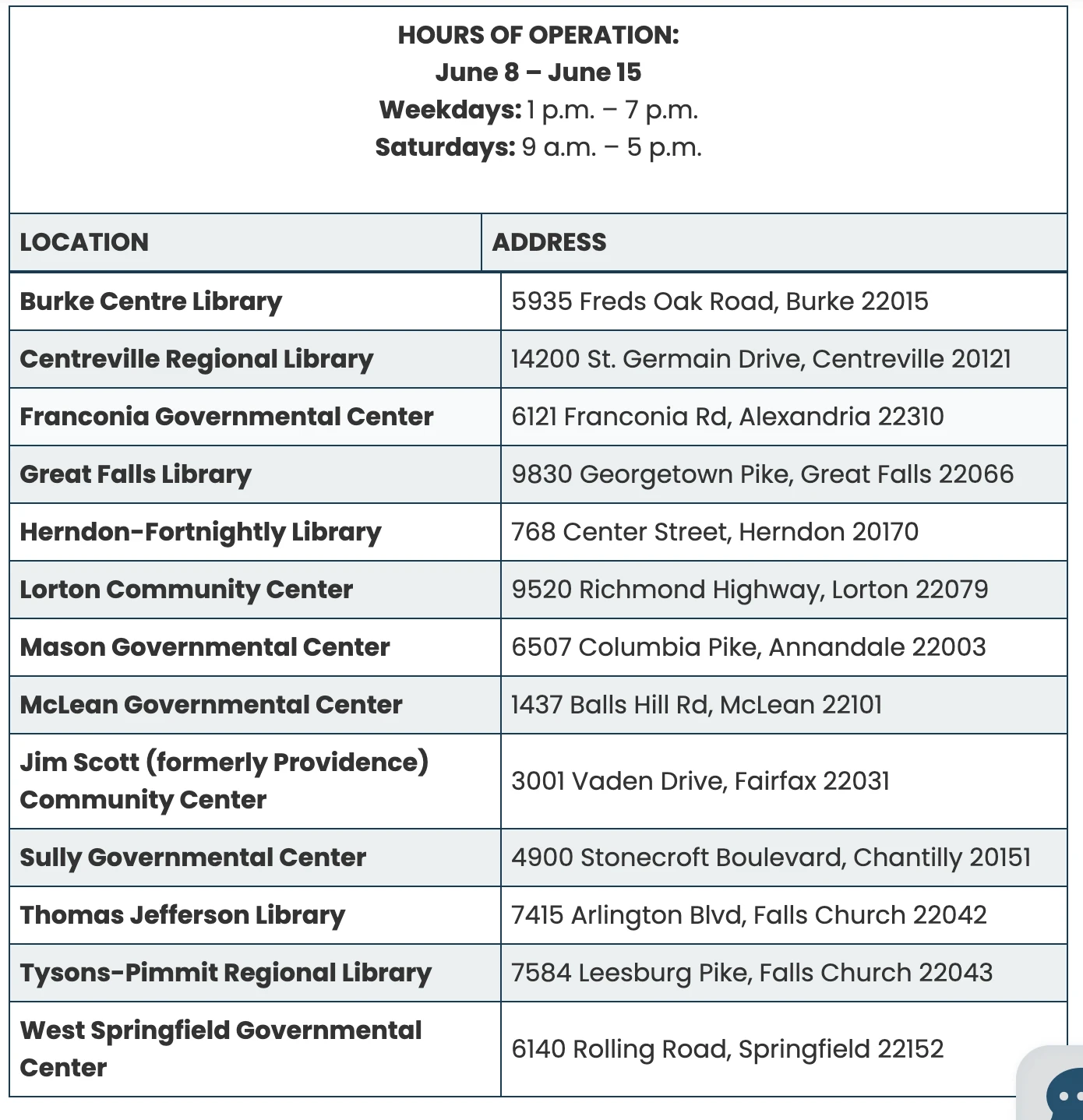
Mark Spooner | Fairfax Schools Monitor
The Fairfax County School Board will vote on October 20 to undercut the school system’s long-standing policy requiring teachers to be objective and neutral when addressing controversial issues in the classroom.
An effort was made at the School Board’s October 6 meeting to ram through a “Truthful Education” resolution by adding it to the agenda at the last minute. The text had never been disclosed to the public, and wasn’t even revealed at the October 6 meeting, and yet a Board member asked the Board to enact it on the spot. All Board members expressed support for the resolution (although one or two suggested that minor tweaking might be warranted), but the vote was postponed until the Board’s next meeting on October 20.
Fairfax Schools Monitor has learned that the resolution wasn’t drafted internally by the school system but rather by an ultra-left-wing group called Free & Antiracist Minds. This group calls for using public schools to “dismantle White supremacist dynamics,” which, in its opinion, includes capitalism. It advocates a “transformative” curriculum, including Critical Race Theory (CRT), to achieve its goals. The resolution is designed to facilitate the group’s agenda.
This article begins with a description of the Fairfax school system’s existing controversial issues policy. It then summarizes the two-year effort to water it down to enable CRT principles to be embedded in the curriculum. Finally, it discusses the proposal slated for a vote on October 20.
The Fairfax County School Board has had a “Controversial Issues Policy” for many years. It requires teachers to be nonpartisan and objective if controversial issues arise in their classrooms. A topic is controversial if there are “substantial differences of opinion about it on the local, national or international level and when those differences of opinion are accompanied by intense feelings and strong emotions.” When a controversial issue arises, teachers must address it “as impartially and objectively as possible.” They should “offer multiple perspectives” and should “not expect or require students to reach an agreement.” The full text of the policy is HERE.
Makes sense; right? Otherwise, our schools could be a means by which those in power could indoctrinate our kids with their particular, controversial ideologies. Liberals would be upset if conservatives tried to do this with their ideas, and vice versa.
In 2020 the School Board initiated a process to amend the Controversial Issues Policy. Why? The school system was then in the midst of developing a new race-centric social studies curriculum, focusing on “systemic racism,” “privilege,” “identity,” “power,” and “social justice.” The Board acknowledged that these concepts were controversial. It therefore directed its staff to come up with amendments to the Policy that would allow these concepts to be taught.
The process dragged on for many months, and the Board’s staff seemed confused about what to do. In the meantime, new social studies curricula were adopted, incorporating the divisive, controversial concepts. Thus, the school system began violating the existing Policy.
In the Spring of this year, the text of a revised Policy was published, and the Board’s Governance Committee held meetings to review it. Additional amendments were made. The Committee’s final product was a muddle, as reported on this site. See “The Proposed Controversial Issues Policy Is Vague, Divisive and Dangerous,” June 27, 2022. I wrote a letter to all Board members, describing the defects and negative features; that letter is HERE.
The revised Policy was supposed to be reviewed by the full School Board at a work session in the Autumn, prior to voting on it at a formal meeting. To date, however, the proposal has not appeared on any agenda.
Therefore, as of now, the School Board’s Controversial Issues Policy continues to call for objectivity and neutrality in classrooms when discussing issues that involve substantial differences of opinion. That’s where things stood before the Board’s October 6 meeting.
With the effort to amend the Controversial Issues Policy seemingly on hold, a School Board member asked for a vote on October 6 on an end-run around it. Ricardy Anderson moved to amend the meeting’s agenda in order to vote on a “Truthful Education and FCPS Support for Educators” resolution.
The wording of the resolution had not been considered at any work session of the Board, and its content wasn’t even disclosed at the October 6 meeting. Fortunately, however, after considerable discussion, a final vote was deferred until the next Board meeting on October 20.
After the meeting it was learned that the resolution had been drafted by a group called Free & Antiracist Minds. After several “whereas” clauses, the resolution provides:
“Now, therefore, be it resolved the FCPS School Board commits to protect and support educators and school-based administrators in FCPS as they develop and implement antiracist, equity- and justice-based classroom resources and pedagogy that meet the high aspirations of each and every one of our students and the Fairfax County community.”
It is not known whether this language will be amended before the next School Board meeting on October 20. However, if the final resolution bears any resemblance to the above, it would substantially change FCPS policy for the worse.
The “Truthful Education” resolution supports a curriculum based on “antiracism,” “equity” and “justice.” These are the code words for teaching CRT and other leftist ideology.
“Antiracism” means using government institutions, including schools, to guarantee equal outcomes for every racial and ethnic group. As formulated by CRT guru Ibram X. Kendi (FCPS paid him $20,000 for a one-hour Zoomcall to hear his opinions), it is not enough to be color-blind and to offer equal opportunity — those attitudes are deemed to be “racist” — “antiracism” requires equal results for all: equal distribution of jobs, income, educational attainment, etc., and doing whatever is necessary to achieve that result. For example, a capitalist economic system leads to unequal results; therefore, it must be jettisoned. If standardized tests reveal disparities in educational attainment, they must be thrown out. And so on.
The concepts of “equity” and “social justice” are similar to “antiracism.” For today’s ideologues, “equity” doesn’t mean equality of opportunity; it means equality of outcomes. “Social justice” is used to promote redistribution of wealth and other benefits on the basis of racial criteria.
The words may sound innocent, but they are not. They have been coined to promote an ideology that’s antithetical to basic American values, including individual responsibility, meritocracy, free enterprise, and race neutrality. Using these words in a School Board resolution that identifies the central principles of the curriculum would be a radical step.
The “Truthful Education” resolution should be rejected for other reasons as well. The “whereas” clauses suggest that its enactment is needed because “recent events” have caused FCPS personnel “to feel that implementing these necessary curricular improvements might lead to personal or professional harm.” Is this true? What recent events necessitate this resolution, and how would its enactment eliminate the alleged problem? This isn’t spelled out anywhere.
Moreover, if the resolution is adopted, FCPS will have policies that are diametrically opposed to one another: The Controversial Issues Policy will require objectivity and neutrality in classrooms, while the “Truthful Education” resolution will declare support for teachers who advocate the controversial concepts of “antiracism, equity and social justice.”
The School Board has not thought through how the resolution would operate in practice. It commits the Board to “protect and support” educators who implement “antiracist, equity- and justice-based” instruction, but what does this mean? Can teachers implement such teaching on their own, apart from an approved curriculum? Or, can they urge students to walk out of class to protest things the teacher believes to be unfair, as has occurred recently? Such advocacy would not only violate the existing Controversial Issues Policy, but also Policy 2232.4 by encouraging unexcused absences, and Regulation 4426.5, which says that FCPS employees “shall not attempt to indoctrinate students with [their] personal political and social philosophy.” Would the “Truthful Education” resolution override these other, preexisting policies?
Many other, similar questions would arise under the vaguely worded resolution. Hopefully, a majority of the School Board will reject it at the October 20 meeting. Concerned citizens should tell the Board how they feel.
Mark Spooner, a retired attorney, is the founding editor of Fairfax School Monitor, where this article was first published.



